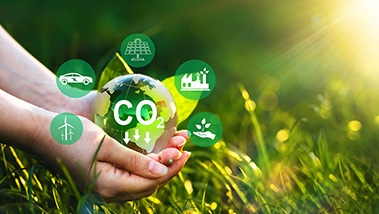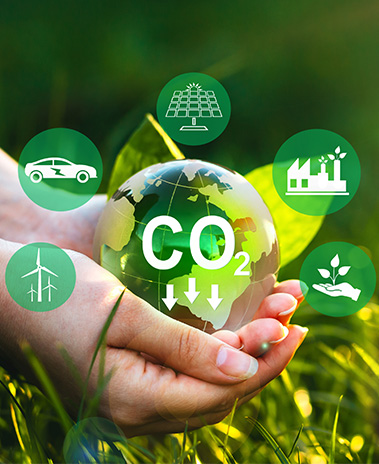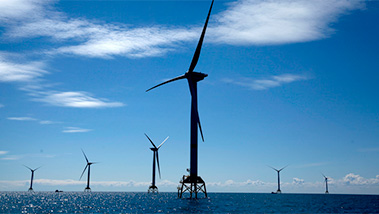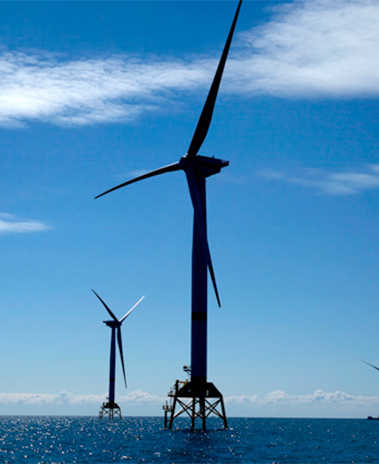#decarbonisation
Decarbonisation is the process of reducing the amount of carbon, mainly carbon dioxide (CO2), sent into the atmosphere. Its objective is to achieve a low-emission global economy to attain climate neutrality via the energy transition.
-
Iberdrola is fully committed to the conservation of biodiversity and ecosystems, and to this end has launched a new challenge . The goal is for the supply of clean and sustainable competitive energy to be compatible with the balance of the...
Companies and communities need help in translating government decarbonization goals into actions. ScottishPower’s Zero Carbon Communities initiative aims to do just that.
-
Decarbonisation means reducing to the minimum the greenhouse gas emissions – which mainly come from the use of fossil fuels – that are generated by any activity. Gradually decarbonising the economy is a global challenge, as these emissions heat the planet and worsen climate change.
From wind and solar to nuclear and green hydrogen, we break down the different energy sources and explore their role in reducing emissions, creating jobs and driving energy independence.
-
From wind and solar to nuclear and green hydrogen, we break down the different energy sources and explore their role in reducing emissions, creating jobs and driving energy independence.
Scotland's First Minister, Nicola Sturgeon, pressed the button that activated the 700 kg of explosives that brought down what was until today the tallest free-standing structure in the country. It is the chimney of the Longannet power station,...
















